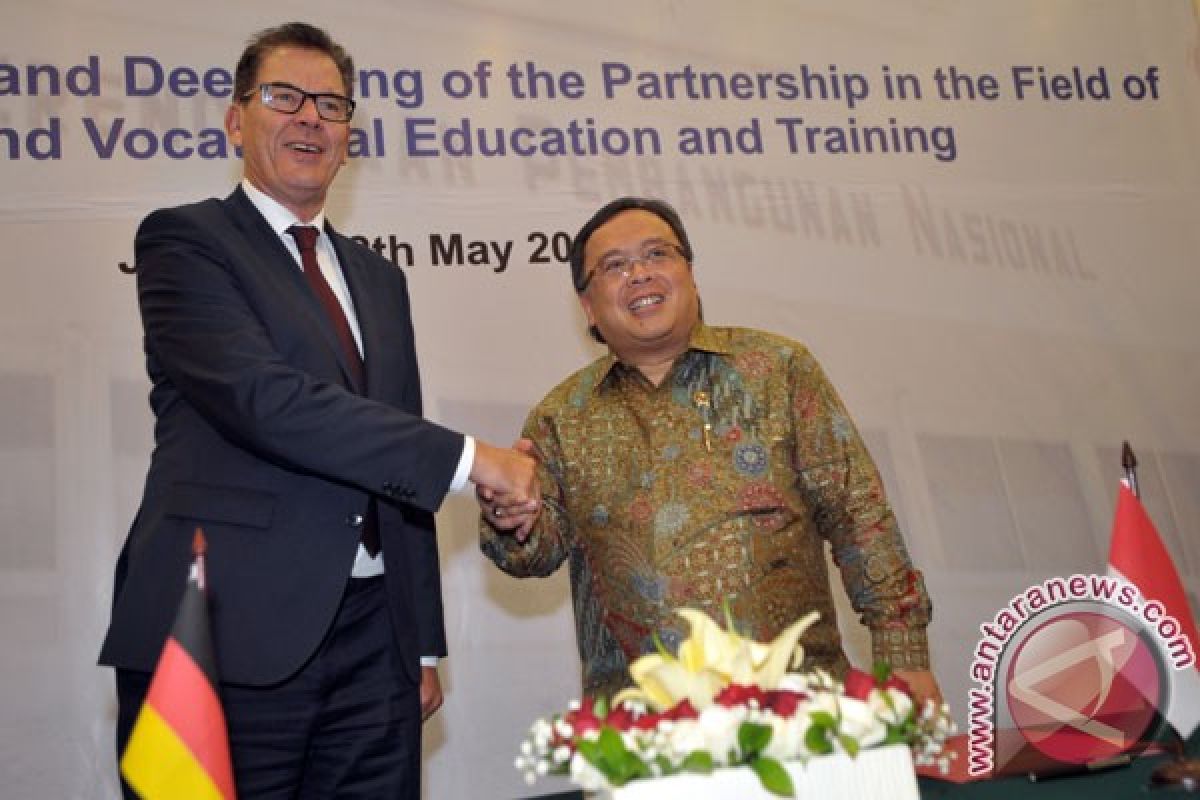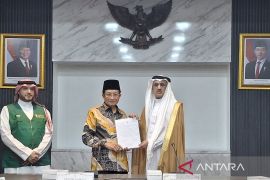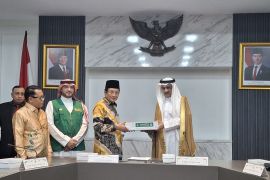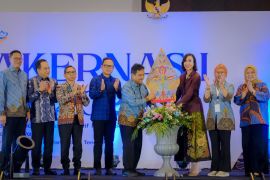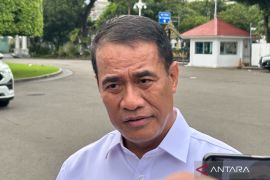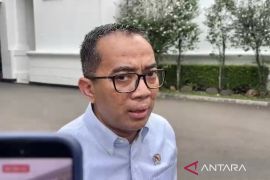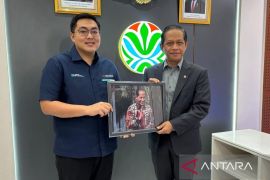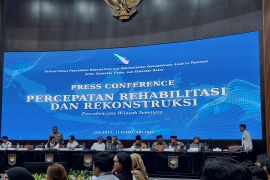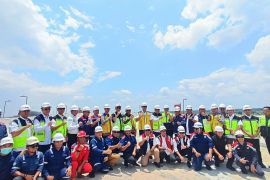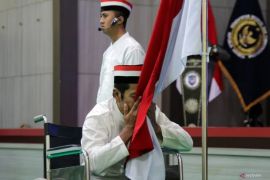"The 2018 RE Day Forum is expected to strengthen cooperation between Indonesia and Germany in the future, both at the government and business levels; and provide innovative, applicable, and replicative technology solutions for the development of renewable energy in Indonesia," Director General of New Renewable Energy and Energy Conservation at the Ministry of Energy and Mineral Resources, Rida Mulyana, stated in his remarks at the RE Day here on Wednesday.
He added that Germany is one of the important partners of Indonesia in developing renewable energy.
The cooperation between Indonesia and Germany in the renewable energy sector has been established very long and running very well for 25 years, Mulyana noted.
He affirmed that the Indonesian government is committed to providing wider access to energy for all Indonesians through infrastructure development and optimize the potential of local energy resources.
To make it happen, the government is making the best efforts, including increasing the electrification ratio to 99.9 percent in 2019 and maximizing the use of renewable energy to ensure the sustainability and affordability of energy.
During the 2010-2018 period, the electrification ratio increased from 67.2 to 98.05 percent. However, the main energy mix for electricity generation is still dominated by fossil energy, with the proportion of coal at 58.64 percent, gas at 22.48 percent, oil fuel at 6.18 percent, and renewable energy at around 12.71 percent.
To boost the use of renewable energy, the government, through the National Energy Policy, expected to increase the renewable energy use by 23 percent in the national energy mix by 2025.
To achieve this target, around 45 giga Watts (GW) of electricity will be supplied from renewable energy by 2025.
Mulyana hoped that the cooperation between Indonesia and Germany could help Indonesia overcome the challenges in developing renewable energy and increase its capacity to reach the target of utilizing renewable energy by 23 percent by 2025.
Meanwhile, Director of the Energy Program for GIZ / ASEAN, Rudolf Rauch, stated that Indonesia has enormous potentials of renewable energy, such as solar power, compared to that found in Germany.
However, currently, the use of solar energy sources in Indonesia is only around 0.09 GWp (gigawatt-peak), in contrast to Germany, where 45 GW of electricity is generated from solar power.
"The RE Day Forum is an opportunity for Indonesian and German companies to continue to work together to support the Indonesian government to increase the use of renewable energy at an affordable cost," Rauch remarked.
Indonesia`s geothermal potential reaches 28.5 GW, consisting of reserves of 17.5 GW and resources of 11 GW, with installed capacity of up to 1.9 GW by the end of 2018.
In addition to geothermal energy, Indonesia also has other renewable energy potentials, such as hydro energy of 75 GW with realization of 5.1 GW by the end of 2018. Meanwhile, the bioenergy potential reaches 32.6 GW, with the realization of 1.8 GW; solar potential reaches 207.8 GWp, with realization of 0.09 GWp; and wind power reaches 60 GW, with the realization of 76 MW (mega Watt).
At the RE Day, two Memorandums of Understanding (MoU) have been signed between the Indonesian Solar Energy Association (AESI) and the Bundesverband Solarwirtschaft (BSW), as well as the Association of Solar Panel Roof Users (PPLSA) and the Bundesverband Solarwirtschaft (BSW).
These MoU include further cooperation between the Indonesian and German Associations regarding capacity building and enhancing the role of associations in the renewable energy development.
Reporting by Mentari Dwi Gayati
Editing by Eliswan
Reporter: Antara
Editor: Eliswan Azly
Copyright © ANTARA 2018
